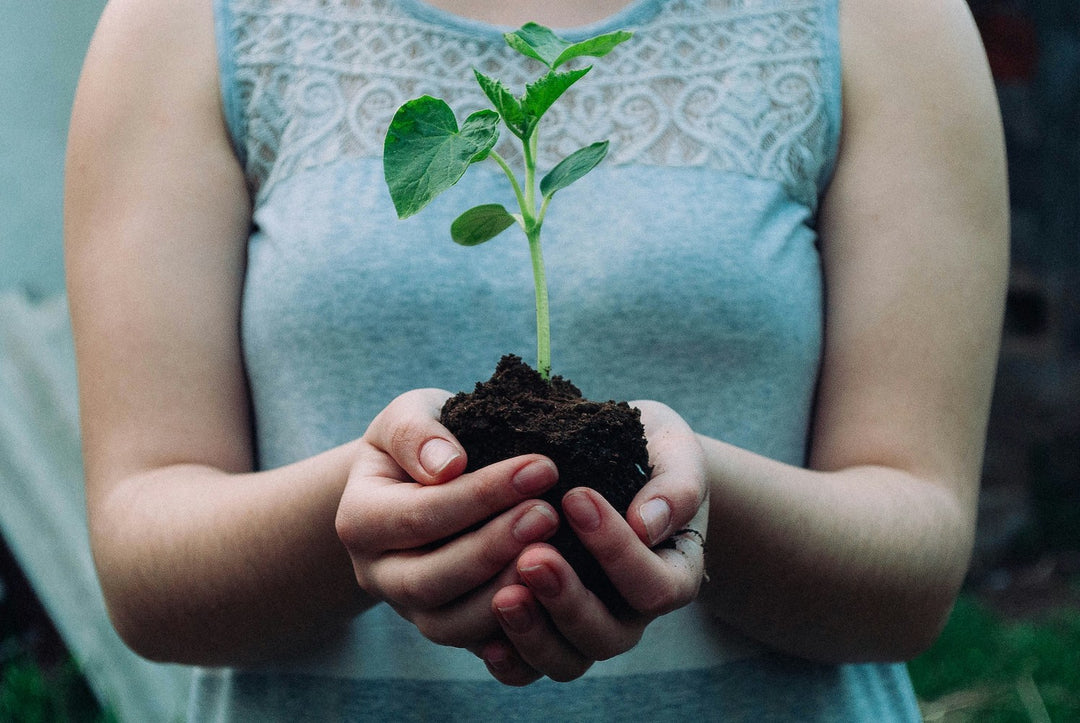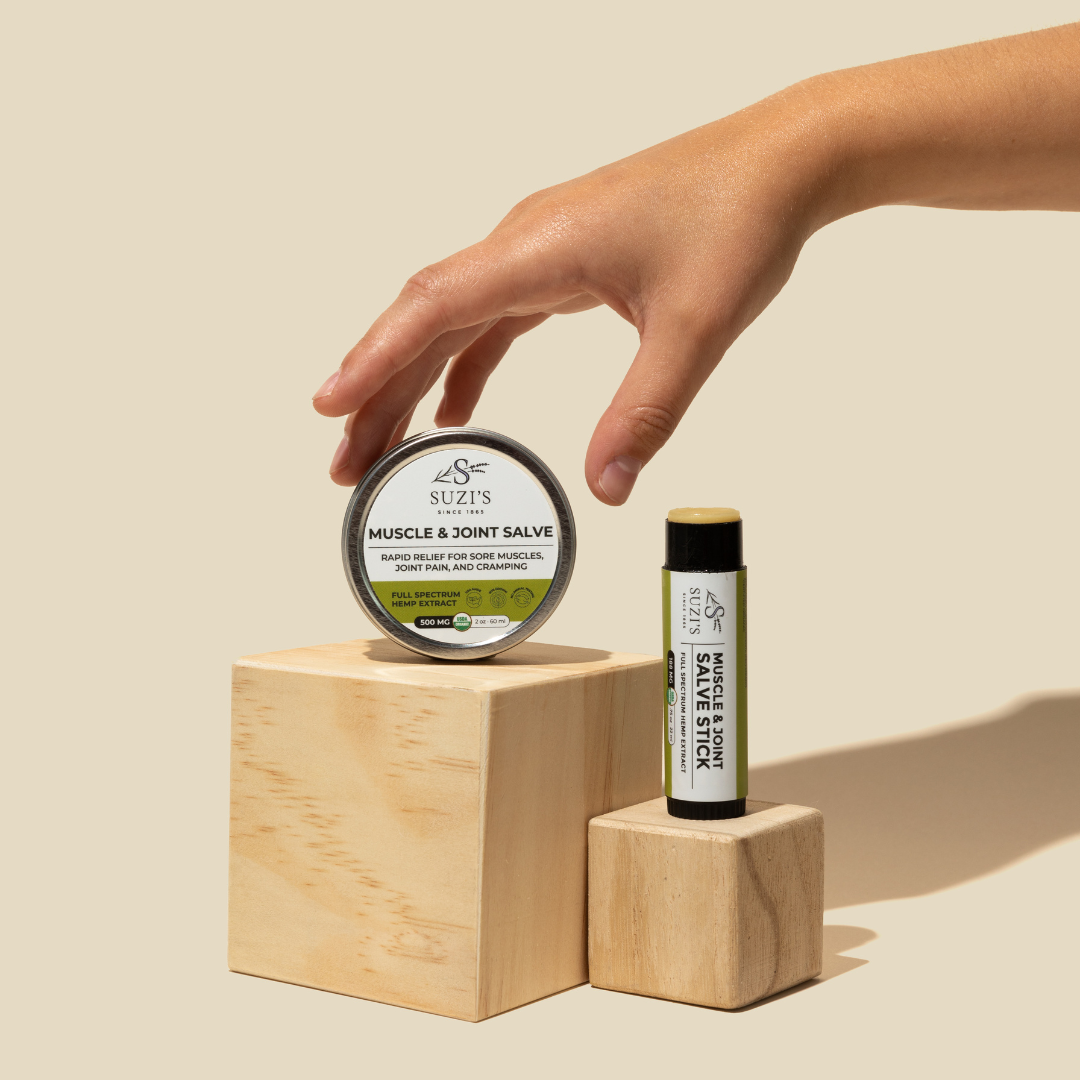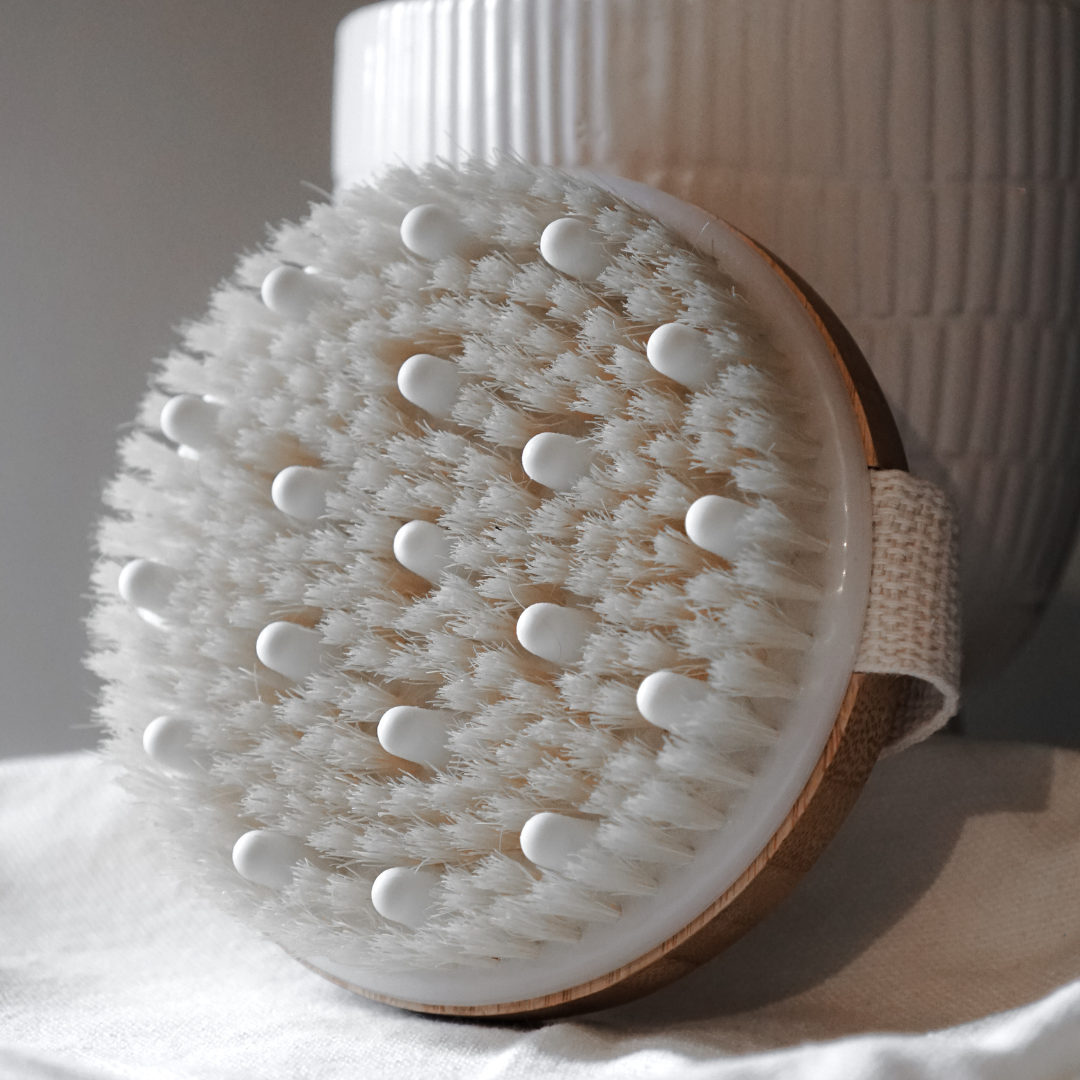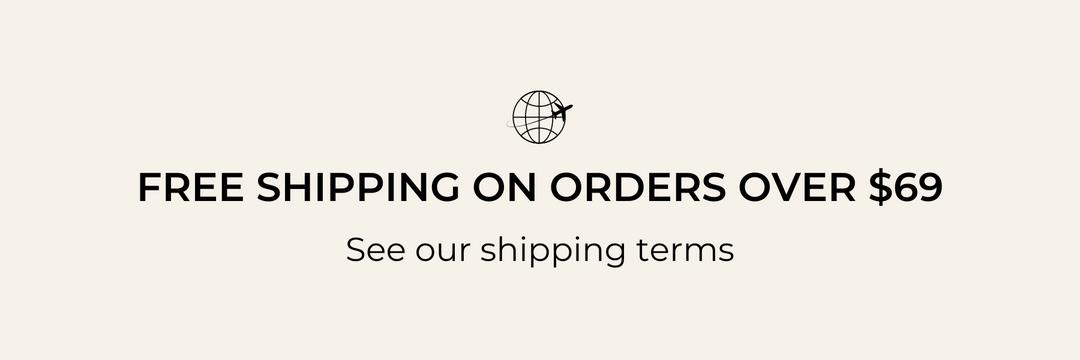What About Less Is More? Are You Interested in Simplifying Your Life?
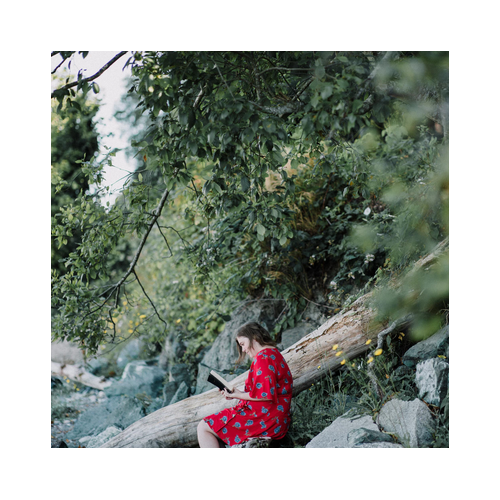
Minimalism is a lifestyle you may have heard about. It is about defining what you need to feel happy, healthy and aligned. At Suzi’s Lavender, we follow a PURE.SIMPLE.REAL guidelines. To us, it means having fewer things, placing greater value on the things we do have, and on living a more intentional life. If you ever feel like you are collapsing under the burden of irrelevant stuff, maybe you would be open to hearing a few tips from the minimalist lifestyle? Here are a few things to think about as you get started.
Only do it if it aligns with your goals

Beginning to live a more simple life with fewer things may take months or years to achieve. Take time to think it over. Is your intention to have peace of mind? To have fewer distractions? To have less of an impact on the natural world, and to have more clarity about what matters? Imagine having less clutter in your work and living spaces!! Define for yourself what minimalism offers you and make your goals based on that.
Be honest with yourself about the difficulty of this challenge

We are living in a fast-paced, rapidly shifting society that encourages the accumulation of objects. Extricating oneself from the consumption-centric culture can be a challenge. Accept that this won’t be easy, but keep focused on why you’re doing it and how it will improve your life. Consider slowing your life down by growing some of your own foods, allowing yourself and your kids to feel bored, read from a “real” book that you checked out from the library and then maybe keep a journal about your process. Getting your family involved can be a wonderful way to stay determined and be creative about ways to minimize.
Start by donating the duplicates

Start by getting rid of things that you logically just don’t need. For example, no one really needs to have duplicates of most objects. Walk around your home and identify any duplicates you may have. Put all duplicates in a box, and if you don’t need those after a month, then donate them. Keeping just one of each item in your home makes each item even more important and useful. You’ll start to enjoy this feeling of being surrounded by items that are needed and which suddenly have more value to you.
Create a system that works for you

It’s good to get rid of things using a system, otherwise it’s easy to get lost in the confusion over what constitutes something you want to keep and what doesn’t. A system will save you when you realize the enormity of this challenge—you’re essentially going to be examining everything you own and assessing its intrinsic value. Think about and write down criteria for what you want to keep. Write down what you’ll do first—clothes? Kitchen? Living room? You’ll also need to think about what you hope your living space will look like when you are finished.
Prepare uncomplicated meals

What about extending the idea of minimalism to the foods you eat? If we spend less time fixing overcomplicated meals, we are freed up to spend more time together. Simple foods are often more nutritious, have fewer hidden fats, salts and sugars and can be made in larger quantities and stored to be used over several meals. For example, try making a larger version of the salad you love, store it in a bag for the next few days. It’s a great feeling to know you are eating healthy meals with less day to day preparation. Minimalism in your pantry means buying in bulk for fewer trips to the store, stocking up on nutritious and simple ingredients that can be used in several different ways.
Travel lightly

Living in a more minimal way can even be applied to how you travel. How about just bringing a carry-on for a weeklong trip? Can you re-wear the same jeans a few times? There’s no need to bring your entire wardrobe when you take a vacation, and you might be pleasantly surprised by how peaceful the trip is when you have fewer options to choose from. Take notice of whether less time thinking about your clothing options allows for more time enjoying being where you are.
Save money

And finally, minimalism helps us get closer to a debt-free life. It gives us a deeper reason to stop buying things we don’t need, want, or value on a long term basis. Avoid impulsive buying so that you don’t purchase things that will not be useful in the next few years. Why not invest in items that will last forever?
This approach to living helps make us more aware of our relationship to the Earth—think about how all the things you buy and throw away might be going into landfills. This includes plastic water bottles, coffee cups, take out containers, plastic shopping bags, even the millions of tags you find on every new piece of clothing or product you buy. Simplify! Shop at the Good Will for fun and adventure and bring your own bag while you are at it! Embracing minimalism could be just what you need to help you finally create an emergency fund that you can utilize in the future, save for your retirement, your children’s education or give to a charity.
Notice what you notice

What are you able to become more aware of with less clutter in your brain? This is the question that minimalism answers for so many people. With less chaos and clutter, how can we spend more time on things that we will be happy to look back on? It’s not an easy journey, but I recommend taking a look at your life and asking yourself if there are any lessons in minimalism that you want to take.
Shop essential oils from Suzi’s Lavender



